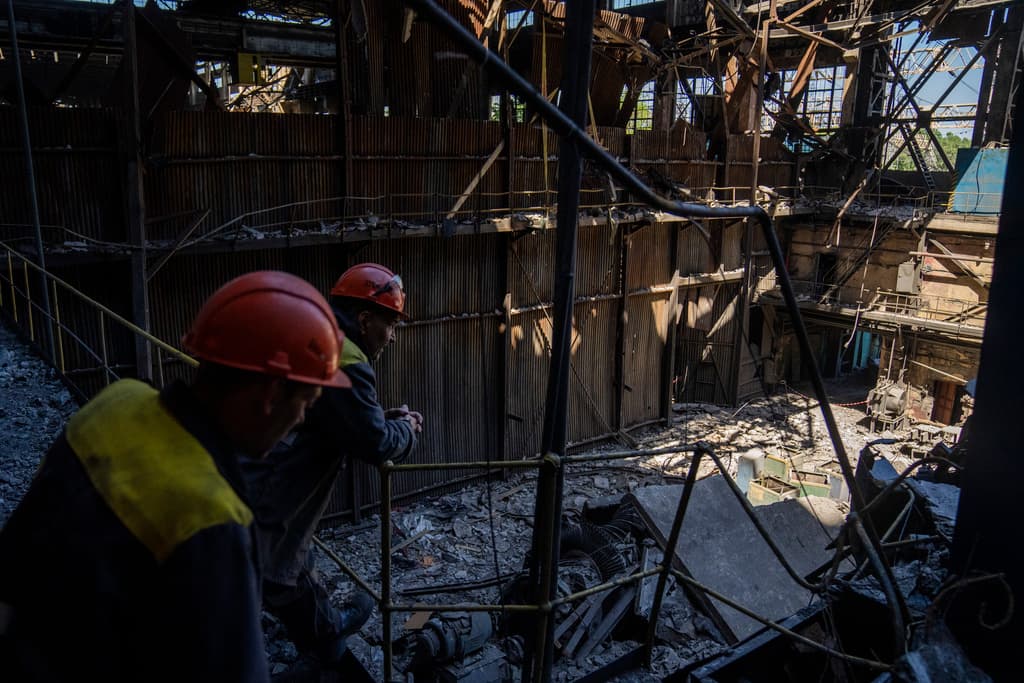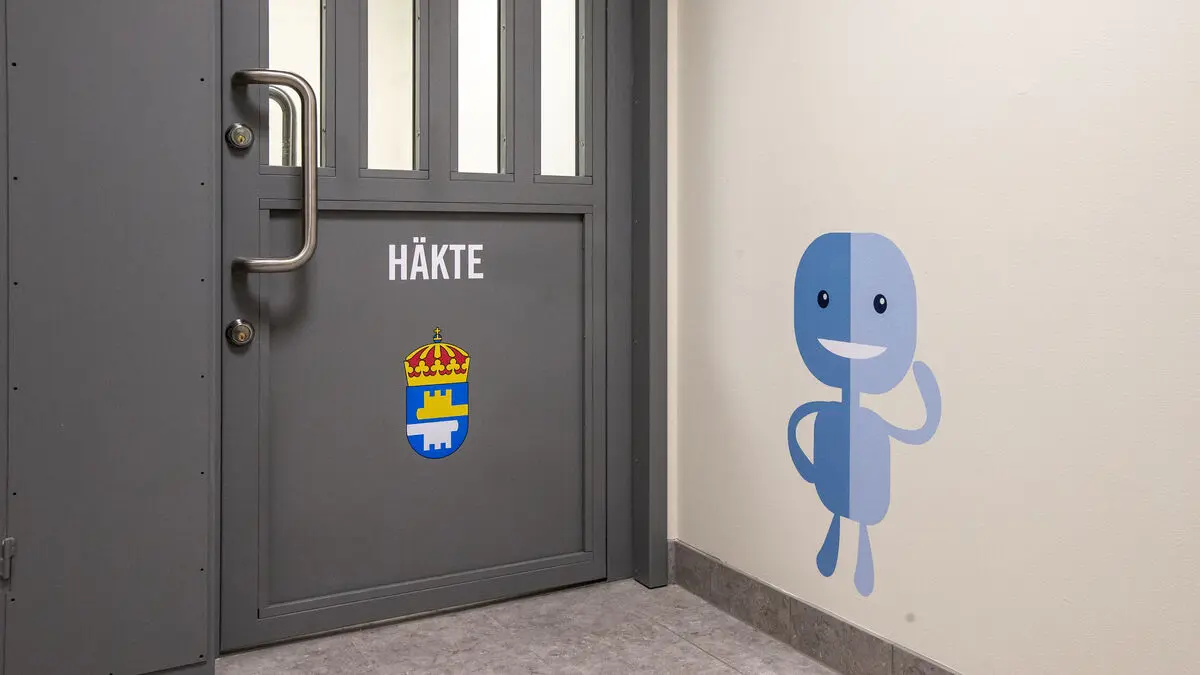Russia's targeted attacks on Ukraine's power grid are crippling the country during heatwaves and long, daily power outages. Now, concern is growing ahead of winter.
It has been unusually hot in Ukraine lately, with temperatures reaching up to 40 degrees in many places – which leads to increased electricity consumption. To prevent a collapse of the grid, the state-owned energy company is forced to implement emergency power outages in seven regions.
In the capital city of Kiev, most buildings are without power for at least ten hours a day, even during long periods of daytime, writes The New York Times.
Without electricity, it is difficult to cool down and food spoils quickly. Every day, Ukrainians check the schedule for planned power outages and adapt their lives accordingly.
We go out until 10 pm to avoid taking the stairs with the kids, says two-child mother Margaryta Zachartjuk, who lives on the 12th floor in Kiev, to news agency Reuters.
Targeted attacks
Previously, Ukraine has managed to repair damage to energy-related infrastructure enough to handle electricity consumption without major disruptions. But over the past few months, Russian robot attacks targeting Ukrainian power plants have intensified.
The attacks have destroyed around half of Ukraine's production capacity, and almost all of Ukraine's thermal power plants and a third of its hydroelectric power plants have been destroyed.
The consequences have been a shortage of electricity and frequent power outages.
Now, concern is growing ahead of the coming winter. Energy experts say that the current power outages are a precursor to what is to come. There is not enough time to repair or build many power plants before the cold arrives.
Oleksandr Chartjenko, head of the Kiev-based energy research center, believes that power outages in December and January will occur with approximately the same frequency and duration as now. Other experts have warned of an even worse situation.
Asking for help
Ukraine is receiving help from neighboring countries in Central and Eastern Europe to keep the electricity going and is negotiating with the EU to remove bottlenecks and asking allies to send spare parts. All to make it through the winter.
Sweden decided last week to send 13 diesel-powered reserve power plants to help Ukraine with its energy supply.






